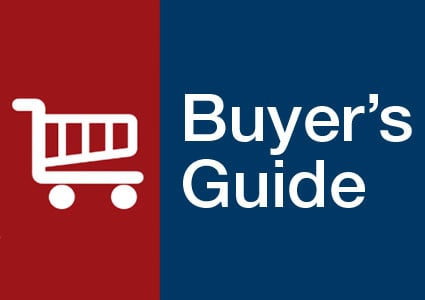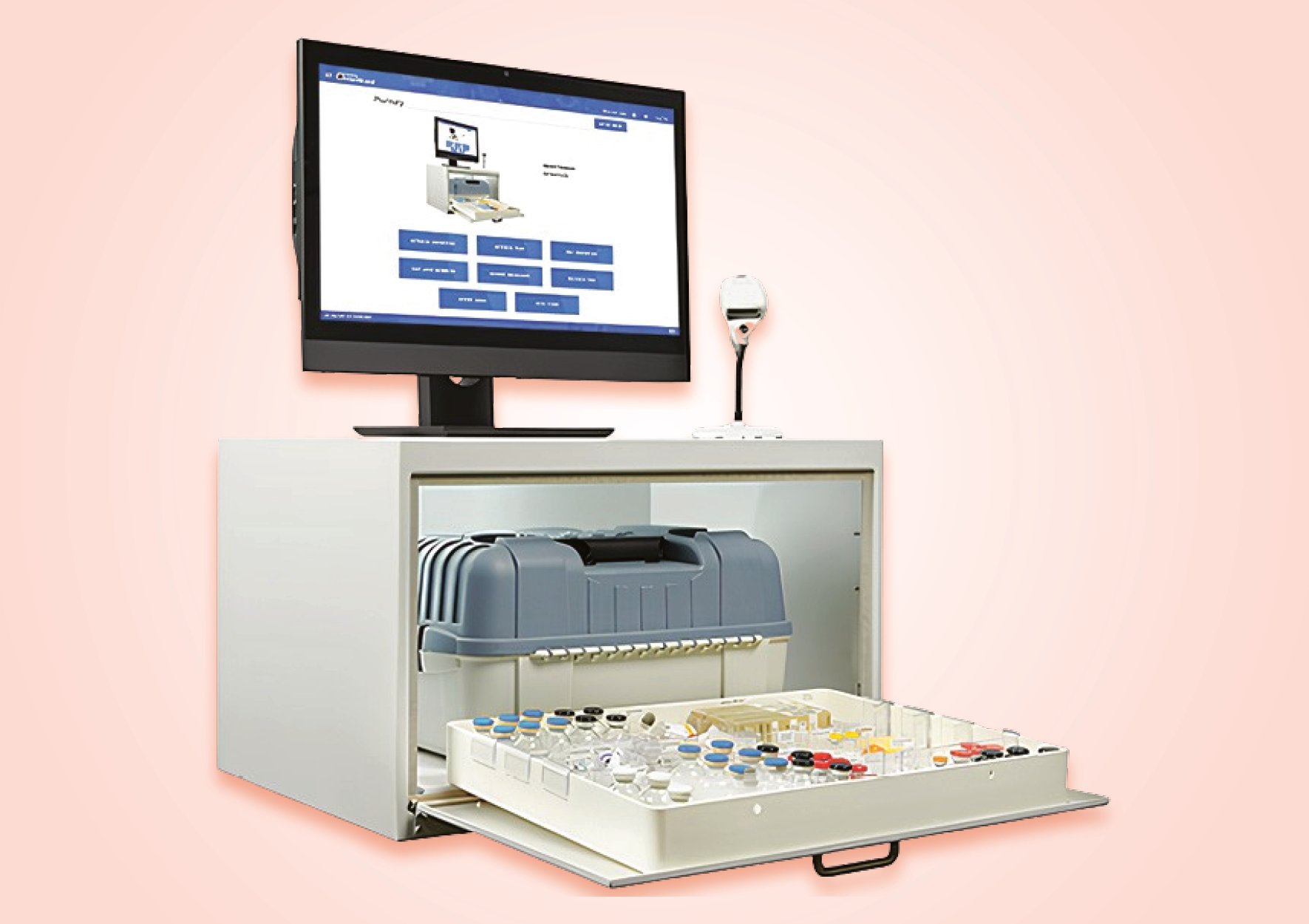- Show Menu
- Contact Us
- FAQs
- Reader Service
- Survey Data
- Survey Winners
- Testimonials
- Upcoming Events
- Webinars
- White Papers
Outsourced Compounding
Shifting product availability and drug shortages continue to challenge pharmacy’s purchasing efforts. As a result, pharmacy often relies on outsourced compounders to provide difficult to source products and to take on the challenges of batch production for high volume or highly customized products, such as OR syringes and TPNs. Nonetheless, the challenge of producing CSPs under cGMP requirements is evidenced by the FDA’s issuance of 483s to many 503B compounders. In response, pharmacy is applying increased oversight to their outsourced vendors, and in some cases, reducing the volume of products purchased from outsourcers.

Reliance on outsourced compounding services is widespread among facilities of all sizes; it is particularly strong in facilities with more than 100 beds.

As the number and duration of drug shortages continues to increase, there is a corresponding increase in the number of facilities that utilize outsourcers in response to a shortage. More than half of all pharmacy directors relied on an outsourced vendor to provide products on shortage this year.

After dropping from a high of 40% in 2015, the trend in facilities reducing their outsourcing due to sterility concerns has begun to creep upward again. Just over 3 out of every 10 facilities that utilize outsourced vendors reduced or curtailed their outsourcing volume this year out of concerns over sterility and safety.

Overall, 69% of facilities rely on internal guidelines to select an outsourced compounding vendor. Facility size impacts the likelihood that guidelines are in place. It is notable that 21% of facilities utilizing outsourcers do not currently have plan to develop guidelines for vendor selection.

Larger facilities with deeper in-house compounding resources are more likely to decrease their in-house compounding volumes in response to sterility concerns with 503B vendors; 46% of the largest facilities have reduced at least some of their outsourcing volume this year.

It is rare for pharmacy to not be involved in reviewing the contracts with outsourced compounding vendors; this practice is commonplace among facilities of all sizes.

While the number of hospital pharmacies conducting onsite visits to their outsourcers increased by 25% this year, this level of oversight has yet to become typical practice. Just 4 out of 10 facilities have ever conducted an onsite visit to their outsourcer.

Most hospital pharmacies rely on up to three different vendors to meet their outsourcing needs. Pharmedium and CAPS continue to lead this category; notably, Quva jumped three spots to move into third place this year.
Click here to view a larger version of this Chart
Like what you've read? Please log in or create a free account to enjoy more of what www.pppmag.com has to offer.








